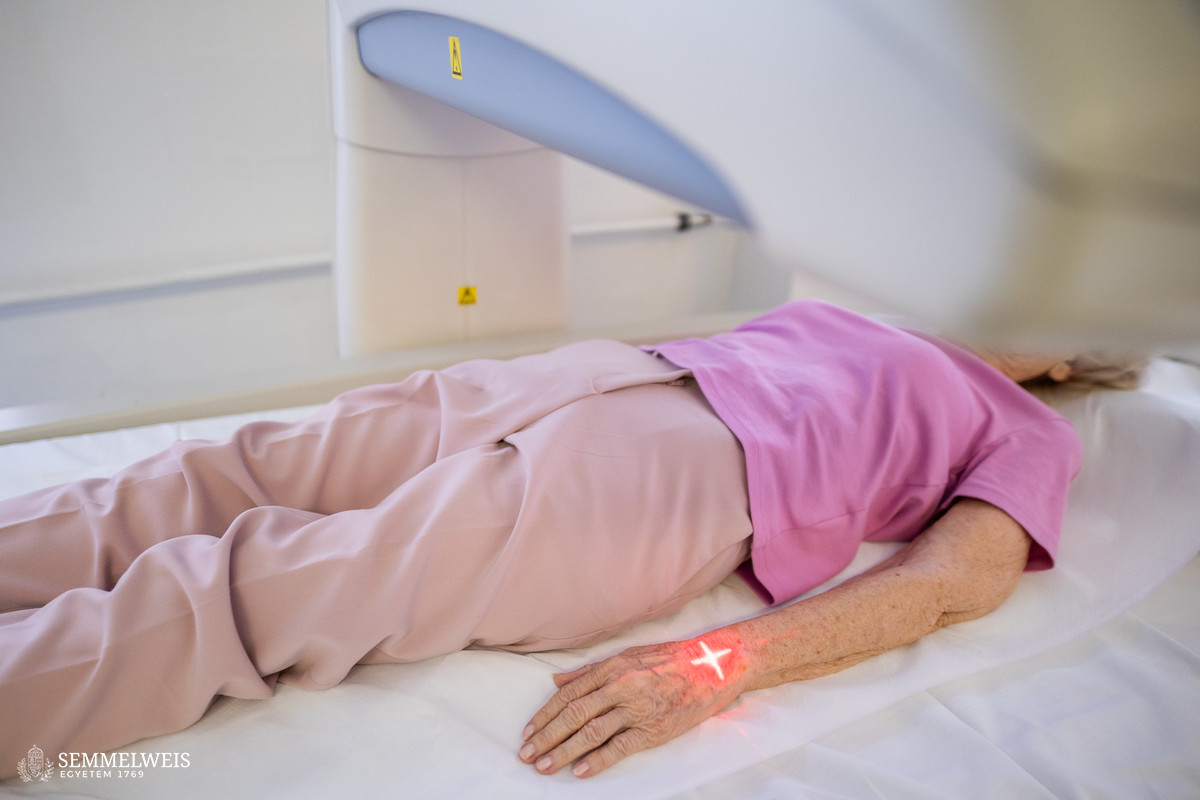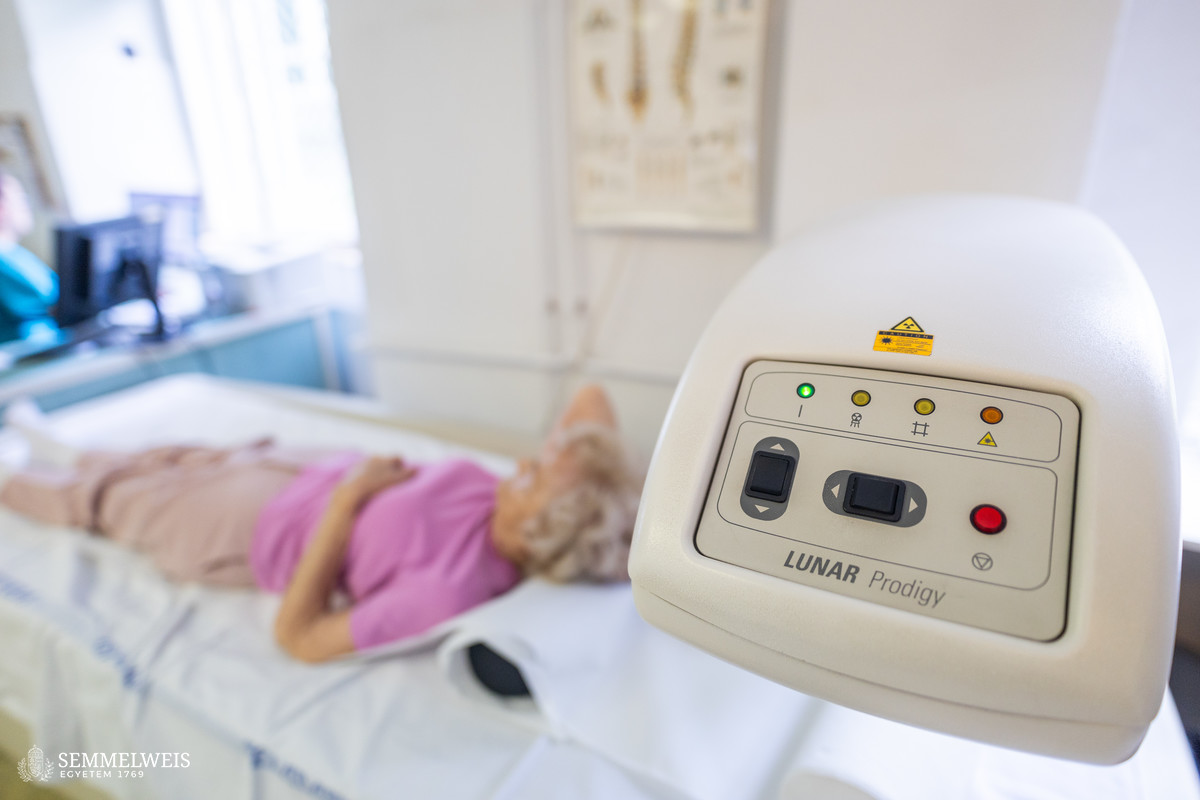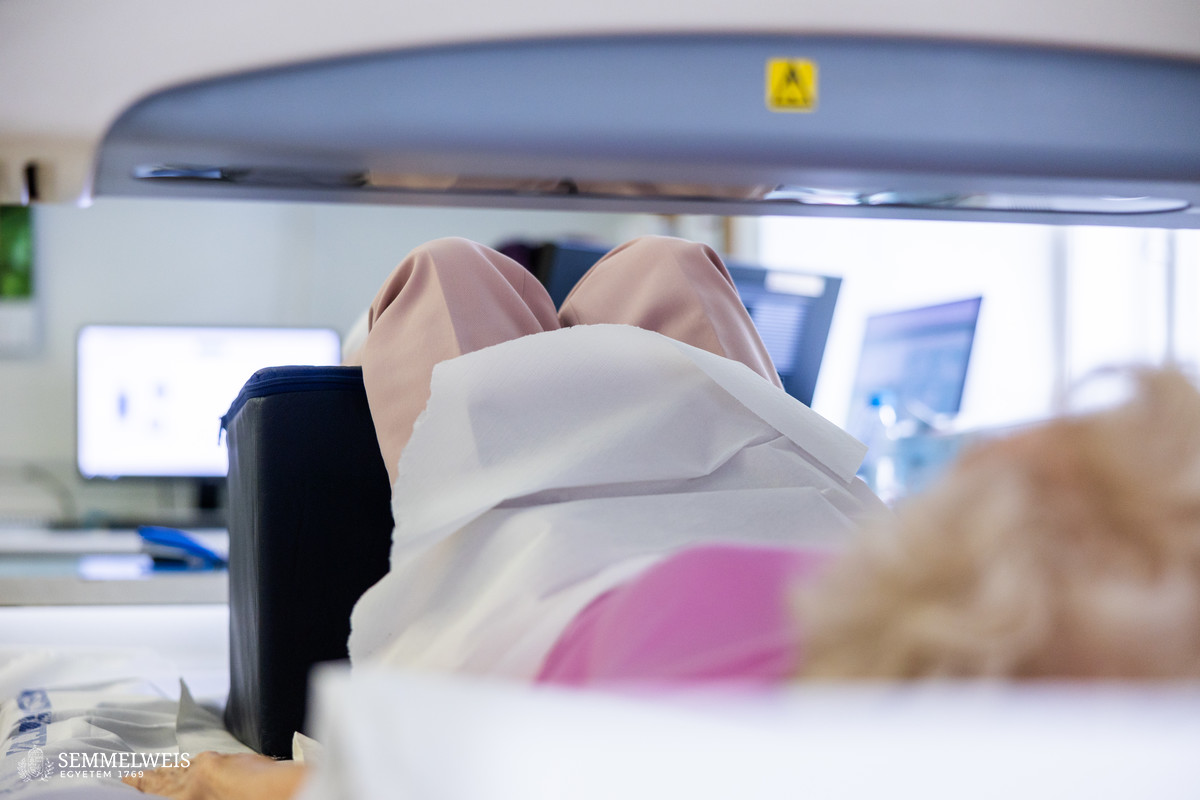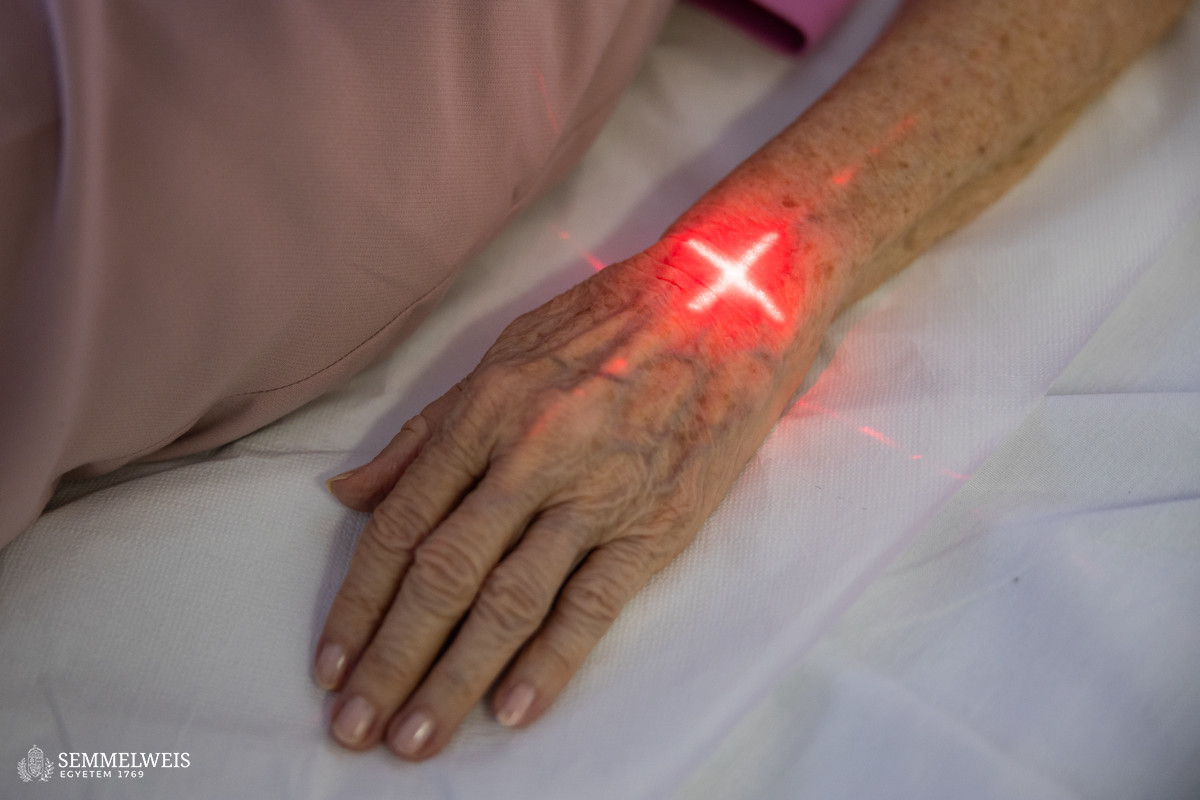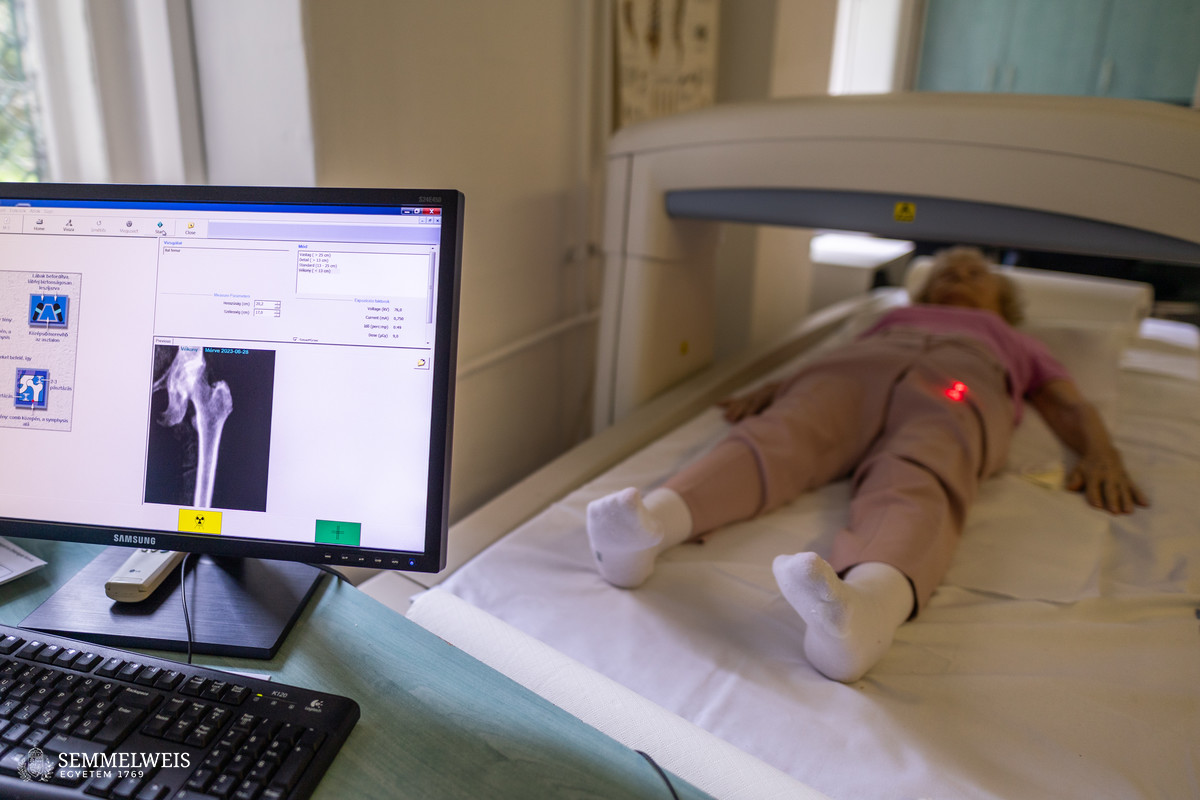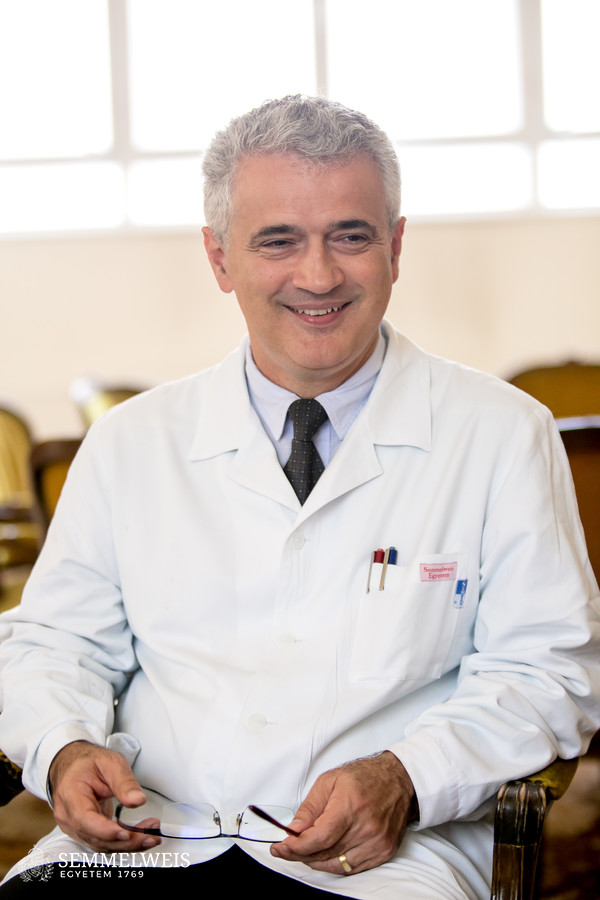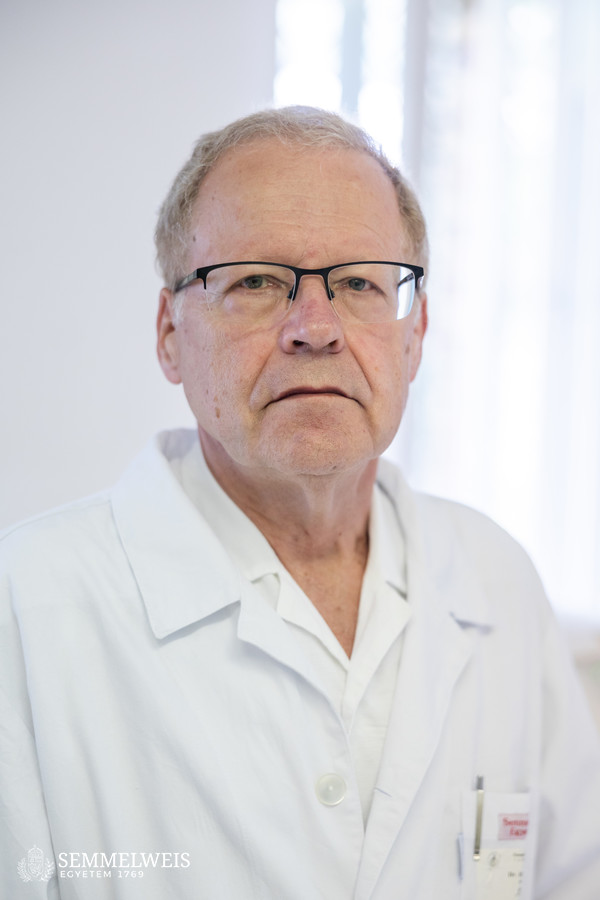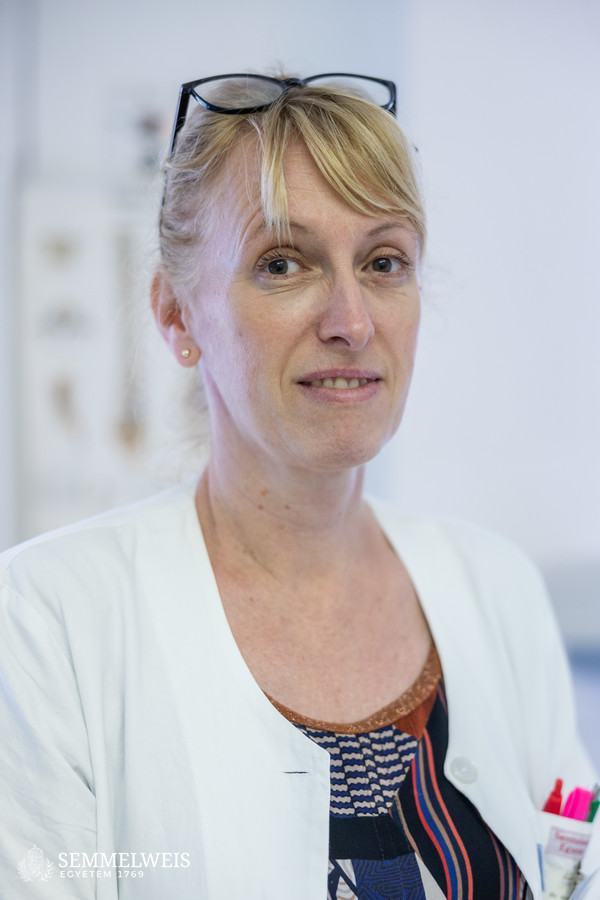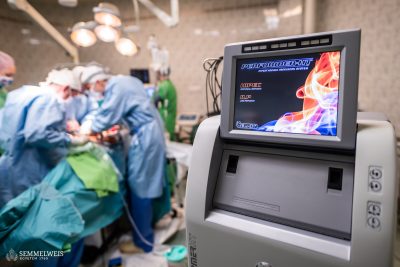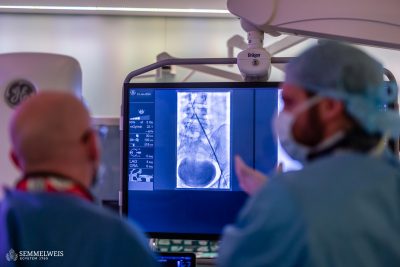In Hungary, osteoporosis is a widespread disease affecting around 700,000 people. Two-thirds of all patients are women, whose bones need protection mainly because of low estrogen caused by menopause.
Symptoms of osteoporosis include suffering a fracture without an accident or a fall from a height, or losing 4 cm or more of one’s height, said Dr. István Takács, Director of the Department of Internal Medicine and Oncology at Semmelweis University.
Every year, around 100,000 fractures result from osteoporosis in Hungary. One in three women over fifty will be affected in their lifetime. Prevention is key, as the first fracture is two to three times more likely to be followed by another. In 50 percent of cases, fractures around the hip are from osteoporosis. In advanced age, this increases the risk of mortality, regardless of medical care, as the patient’s ability to move and support themselves may be lost after surgery, making them more prone to developing several diseases, including thrombosis and pulmonary embolism, or even pneumonia and pressure sores as a consequence of chronic bed rest, added Dr. Csaba Horváth, Professor and Head of the Osteodensitometry Laboratory.
Preserving bone mass in young adulthood helps prevent osteoporosis, which can be achieved by regular exercise, a calcium-rich diet, and vitamin D, emphasized Dr. Szilvia Mészáros, Assistant Professor at the department and President of the Hungarian Society of Osteology and Osteoarthrology.
The expert also pointed out that on an average sunny summer day, it takes about 10-15 minutes for the body to produce enough vitamin D from UV-B radiation, even if we are just simply outdoors. UV-B radiation is highest between 11 a.m. and 3 p.m.
Sunbathing in a swimsuit can produce up to 20,000 units of vitamin D in 15 minutes, but sunscreen blocks this process. To avoid sunburn, however, it’s always advisable to apply sunscreen when going to the beach. In Hungary, a daily supplement of 1500-2000 international units of vitamin D is recommended from October to March.
Thanks to modern drug therapies (pills or injections), osteoporosis can be completely reversed, but this may require persistent, even years-long treatment with drugs that support new bone formation, followed by bone-protecting medication, Dr. István Takács added.
Bone density tests are strongly recommended for postmenopausal women and men aged 60-65.
In Hungary, health insurance funds screening every three years for healthy people, every two years for people with moderate bone density loss, and every year for people diagnosed with osteoporosis. For this, you should ask your GP for a referral to a rheumatology or endocrinology specialist, as only they can refer patients for bone density tests.
Orsolya Dávid
Translation: Judit Szabados-Dőtsch
Photos by Attila Kovács, Bálint Barta – Semmelweis University
